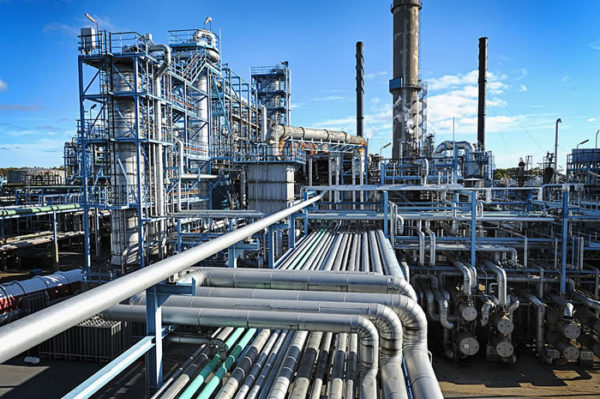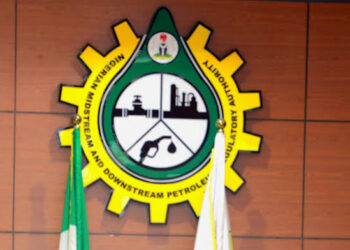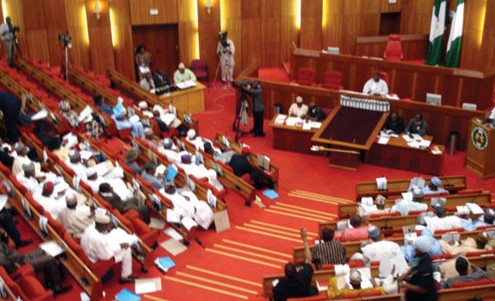Nigeria and several other West African states are not expected to implement rules banning imports of sulphur-heavy fuels until Dec. 1 at the earliest after missing summer deadlines, drawing the ire of health campaigners pushing for cleaner air.
Nigeria, Togo, Ivory Coast and Benin promised in late 2016 to ban the use of fuel packed with sulphur that is a major air pollutant, particularly in cities.
Such fuel has long been illegal in Western nations and is increasingly outlawed in the developing world. But deadlines for bans in the four West African states keep being pushed back.
Ghana is the only regional state that has delivered on a pledge and codified rules preventing the import or transport of high sulphur gasoline or diesel.
“The clean fuels lobby … declared victory a bit too soon,” said Energy Aspects analyst James McCullagh. “This is ultimately a complicated and sensitive decision about politics, the gasoline pump price cap, subsidies and investment in public health.”
Nigeria, the region’s biggest fuel consumer, missed a July 1 deadline and instead launched a task force to examine the issue. Nigeria produces oil but lacks refining capacity so has to import most oil products.
A Nigerian Environment Ministry official told Reuters the task force aimed to advise the government on a new standard by late September, with new rules possible by Dec. 1.
The United Nations Environment Programme (UNEP), which has joined health campaigners pressing for change, said smaller nations Togo and Benin were waiting for Nigeria to act, while Ivory Coast had not progressed at all.
The five nations had promised cleaner fuel rules under pressure from campaign group Public Eye, which criticized them and international trade houses for allowing cars, trucks and households to burn fuels banned in much of the rest of the world.
Ghana followed up by slashing sulphur content to 50 ppm for imported gasoline and diesel, from 1,000 ppm and 3,000 ppm.
Nigeria’s standards organisation, which writes import rules, proposed caps of 50 ppm for diesel and 150 ppm for gasoline. State oil firm NNPC included prices for them in contracts to swap oil for products – at a cost of at least $25 a tonne more.
But Nigeria did not codify the standards in law, or issue new specifications to importers.
“As it stands, the status quo remains,” one Nigerian fuels importer said, adding “nothing at all” had come from government.
NNPC contracts showed 150 ppm gasoline would cost anywhere from $20-$30 per tonne more than fuel with higher sulphur, while lower sulphur diesel would add just $10-$15 a tonne, McCullagh said. Because Nigerian gasoline prices are capped, the government would have to raise prices for consumers or shoulder the extra cost.
Given the higher cost of cleaner gasoline, campaigners said Nigeria might only introduce stricter rules for diesel.
“Gasoline is the most consumed product, so that wouldn’t necessarily solve the pollution problem,” said David Bleasdale, executive director of consultancy CITAC, saying Nigerian gasoline consumption was about 323,055 barrels per day (bpd) in 2016 compared with 71,657 bpd of distillates, such as diesel.












